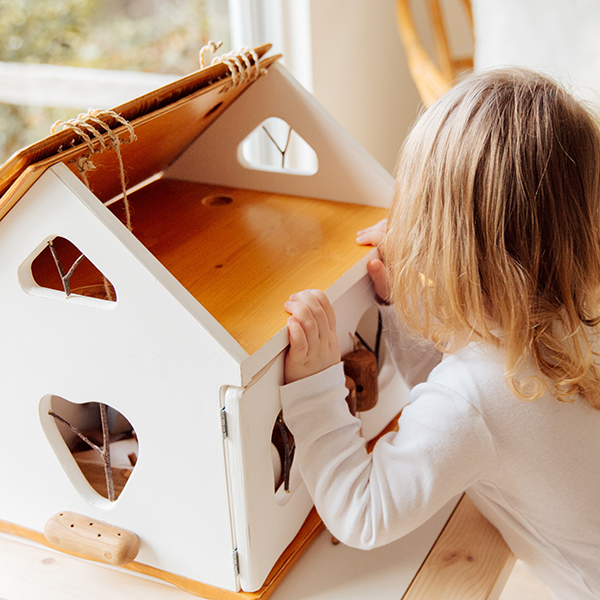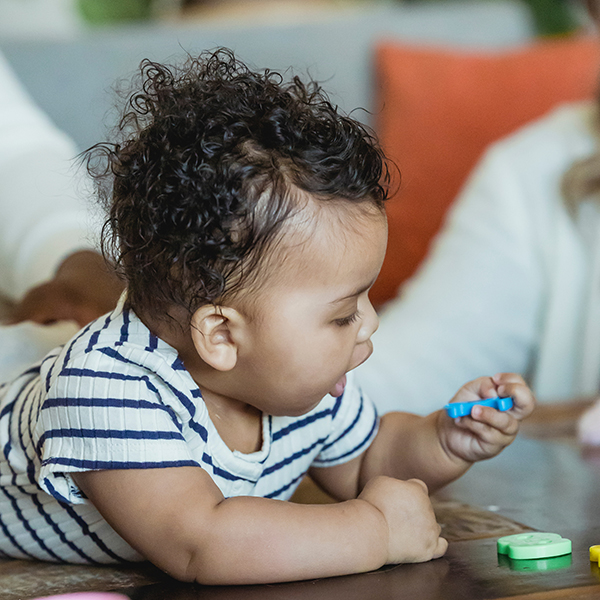Services
Growing Children with Challenges professional team is focused on culturally sensitive service delivery.
“The services provided to children and their families differ based upon the individual needs and strengths of each child and the child’s family. Services may be provided in the child’s home, child care center, nursery school, play group, Head Start program, early childhood special education classroom or other settings familiar to the family. Early Intervention supports and services are embedded in typical routines and activities, within the family, community and/or early care and education settings. This approach provides frequent, meaningful practice and skill-building opportunities” (PA Department of Education).

Special Instruction
Special instruction services assist families with a child’s developmental progress by focusing on the child’s play skills, social interactions, language and social-emotional development, and self-help skills. Special instructors meet the educational goals that are laid out in the child’s IFSP, and provide parents with information, and effective strategies, which support the child’s development in daily routines. Early Intervention team (SI and caregiver) uses a coaching model to support child in reaching the goals.

Physical Therapy
Physical therapy service includes increasing child’s physical abilities, and promoting independent physical function. Physical therapists help infants/toddlers engage in appropriate activities in their environment using a coaching support. Interventionists concentrate on the child’s functional mobility, positioning, and safe participation in daily activities. The physical therapists maintain communication with the professional team to provide the best service for the child.

Speech Therapy
Speech therapy services provide comprehensive therapeutic strategies/approaches for all children with speech/language/communication concerns:
- Oral-motor weakness
- Delayed development of sounds
- Delayed development of language
- Non-verbal communication/assistive technology
- Congenital abnormalities resulting in communication deficits
The speech therapists work collaboratively with the team to meet the child’s communication goals. A coaching model will be used during each therapy.

Occupational Therapy
Occupational therapists address the functional needs of infants and toddlers. The therapist promotes skills related to adaptive development; activities that improve the ability of the developing child to care for him or herself in age-appropriate ways. Therapeutic tasks are designed to improve the functional ability of the infant or toddler in areas such as adaptive play and social behavior, feeding, and dressing. The occupational therapist considers the child’s ability to manage sensory, motor and postural developmental skills necessary to perform tasks in home, child-care centers, and other community setting
Growing Children with Challenges encourages parent/caregiver participation and follows up on all intervention strategies. We have found that early intervention is the most effective avenue to increase a child’s potential.
